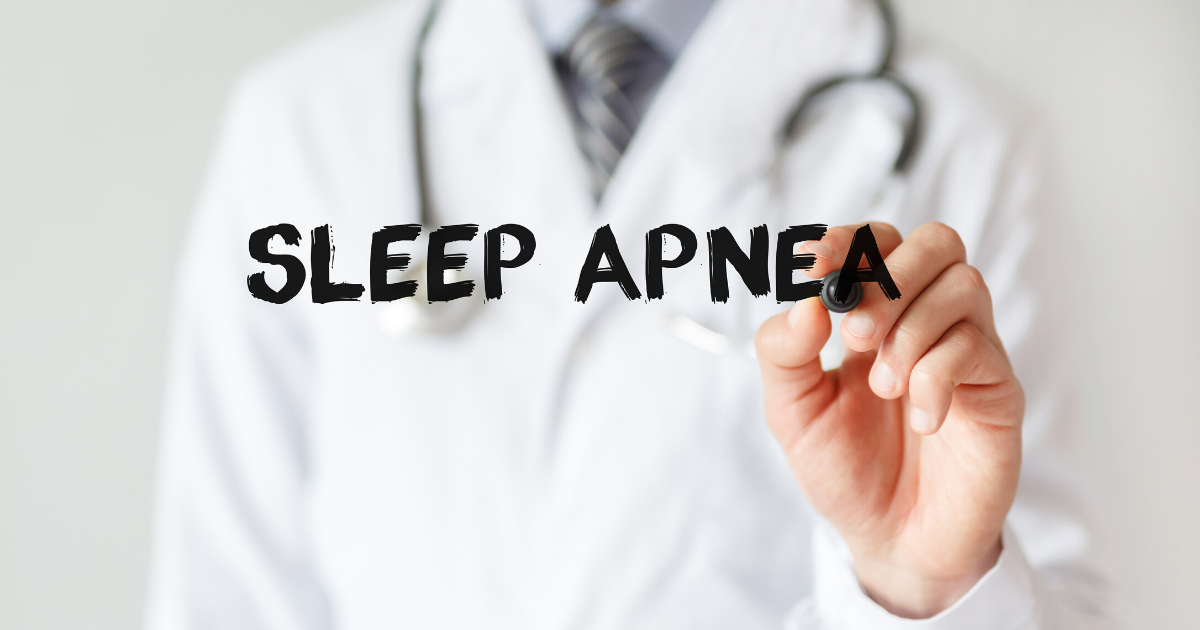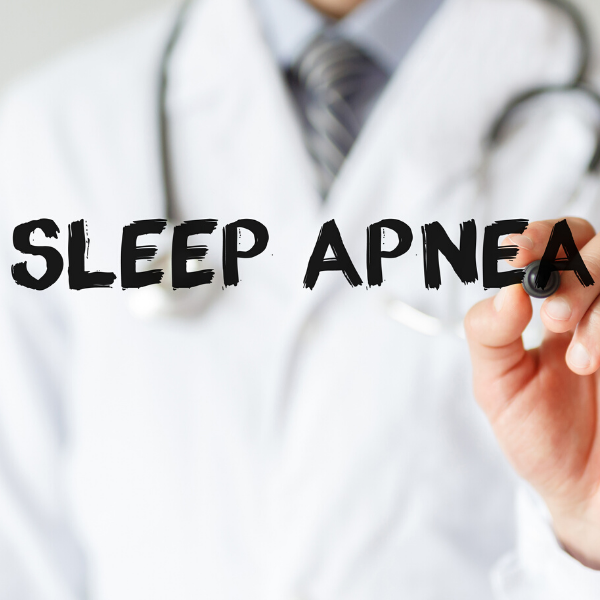
Understanding How OSA Affects the Sexes
Obstructive sleep apnea (OSA) is a common, but tragically overlooked ailment that is characterized by various blockages in the airway, particularly when asleep. Of course, this causes breathing issues and hypoxia, which leads to a variety of unpleasant and possibly life-threatening comorbidities. This includes, but isn’t limited to: heart disease, obesity, and diabetes. Even what may be described as the common “tertiary” effects, such as irritability and chronic fatigue, can be disruptive in an individual’s life.
With that all being said, a silver lining for this condition is that the symptoms of sleep apnea are often fairly noticeable. After all, most people without an extensive education on the disease understand that loud, excessive snoring is a common indicator.
At least, that’s true for the majority of people. As is the case with many diseases, OSA affects various demographics differently, and that includes women. A large issue in the general treatment of sleep apnea, for instance, is that females are more likely to demonstrate fewer symptoms that are based on physicality, such as snoring. Because of this, many doctors tend to dismiss their patient’s health concerns, leaving them to suffer without treatment, and vulnerable to some fairly nasty conditions.
Some of the symptoms that women are more likely to present include:
- Chest pains
- Heartburn
- Acid reflux
- Irritability
- Onset of depression and anxiety
- Chronic fatigue
 Unusual lack of focus or clumsiness
Unusual lack of focus or clumsiness
Some quick statistics:
- Men are more likely than women to contract OSA (about twice as so).
- Men are diagnosed eight times as often as women. This means that the demographic is drastically underdiagnosed.
- Women are more likely to suffer from milder forms of OSA than severe.
- The risk for OSA increases dramatically with pregnancy and menopause.
Sleep Apnea and PCOS
For the most part, women and men share the same sort of environmental and genetic factors that lead to OSA (smoking, age, etc). However, one specific disorder unique to the fairer sex is polycystic ovary syndrome (PCOS) is known to be a major red flag for determining one’s risk for sleep apnea. While many believe that the weight gain and hormone imbalance caused by the endocrine condition is the primary contributing factor here, the connection isn’t totally clear, and more studies need to be performed and examined. What is known, however, is that PCOS doubles an individual’s risk for sleep apnea. Of course, with the two conditions having various shared comorbidities, it’s not surprising that one condition can compound the other, leading to worsening health and a reduced quality of life.
Looking To Learn More About Sleep Apnea and Its Potential Impact on Your Patients And Practice? Sleep Group Solutions Is Here To Help
As a medical professional, you want to have as comprehensive of an understanding as possible on anything and everything that you can help your patients with. Our mission at Sleep Group Solutions is to simply assist you in that endeavor.
Fulfill your general dentist education requirements while ensuring the future of your practice and improving the health of your community with one of our many continuing education seminars on sleep apnea. To talk to one of our knowledgeable representatives about our continuing education seminars for dentists, give us a call at 1-888-608-4985, or visit our contact page.

